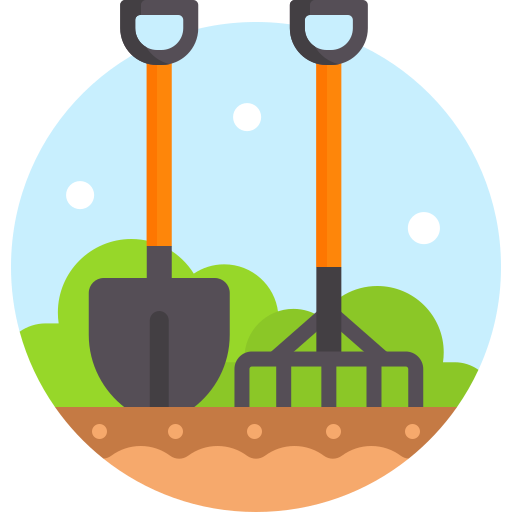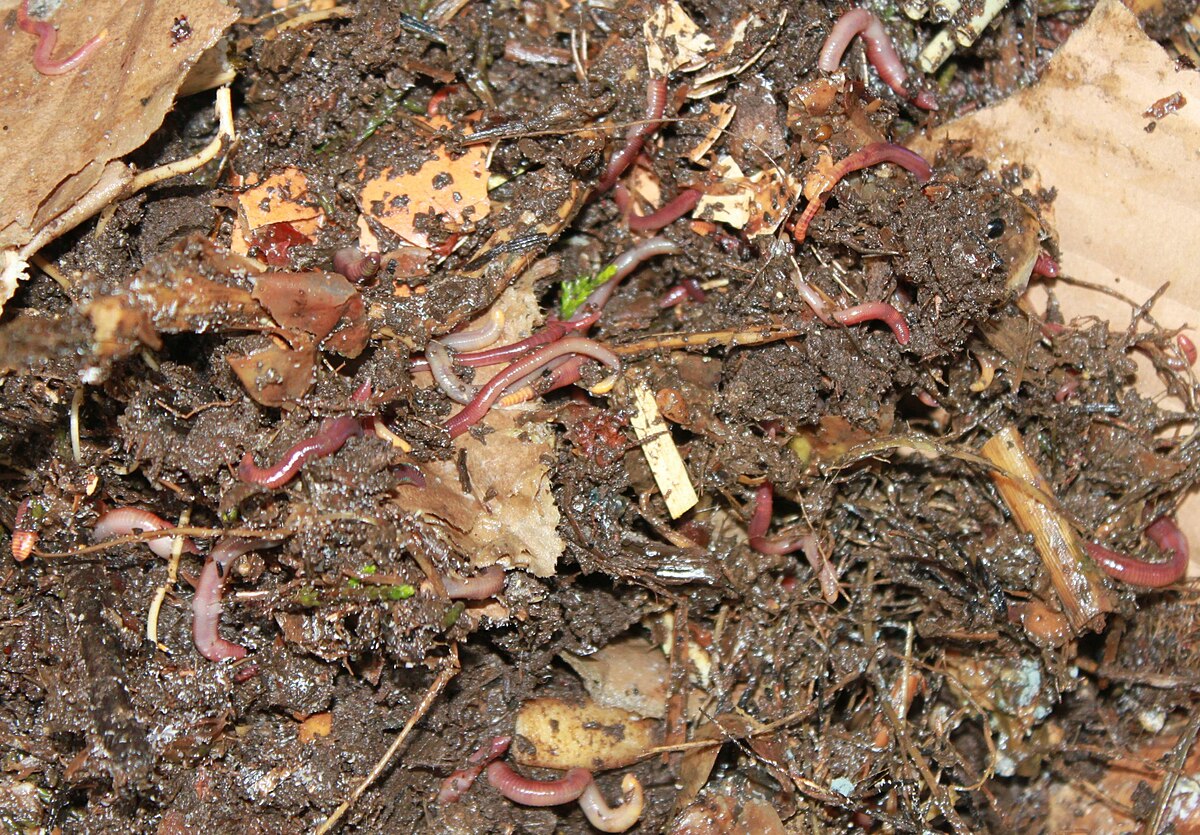21
Info request: vermi-composting - sh.itjust.works
sh.itjust.worksI don’t know much about vermi composting, but I am thinking of giving it a go.
Does anyone have a good resource, knowledge, or recommendation on where to
start? My thoughts were to get a couple metal grated waste baskets, a bunch of
earth worms and put one in each of my raised garden beds. Or should I run an
experiment and do one bed and not the other? What are its benefits?
Downsides(rodents,possums for instance)? Guidance is appreciated.



How long would it take it break down a body and what would be remaining after?
Don’t worry there’s an industry for that. https://www.webmd.com/balance/what-is-human-composting
I was just going to use kitchen scraps.
Oh this is for my own information.
I’ve composted meat and bone. Meat breaks down very rapidly. It’s moist which is key, and everything likes to eat it from bug larva to bacteria. You can expect a nice cut of meat to be unrecognizable a week or two after you place it in the core of a healthy compost heap. I even had the opportunity to try this with human tissue: we saved and froze the placentas from my kids births and I composted them. They melted away very quickly.
Bone is another story entirely. My first year composting I decided to throw the bones from a rib family dinner into my pile. Thereafter I kept finding them when I’d turn my pile or sift out finished compost, and I would just throw them back in to take another turn.
It’s now about 12 years after that and I still occasionally find a rib. At first I tried breaking them up with a hammer but that was a bad idea because they shatter everywhere and turn into sharp shards that don’t break down any better :D Now I just throw them in the garbage when I find them.
So you would have a daily easy time getting down to a skeleton but then you’d be stuck with that AFAIK forever.
What if you grind it up?
I guess I’d say first that I don’t have anything on hand to do that with, and I have a lot of shop and garden tools.
If you can turn a skeleton into powder, it’ll no longer be recognizable as a skeleton. It has nothing much to do with composting though. It’s debatable whether the powder would undergo any chemical change by microorganisms. Eggshells for example go into a compost pile and ride along into the soil eventually where they make minerals available to plants, but eggshells don’t get significantly broken down by the composting microorganisms.
Isn’t bonemeal a pretty common soil additive?
Yes, soil additive, not composting material. That’s all I meant. I think the original question was could you compost a body and I said yes except the skeleton and then someone asked what if you grind it up and the answer is still you can’t really compost bone.
You can’t yourself, but if you heat the compost it’s possible.
Our city takes bones as well as dog and cat poo as well as a host of other stuff you can’t compost personally since it’s a heated above 55c and breaks down all that extra stuff.
Municipal compost is put through a tub grinder, which masticates everything to a fine degree. So even there, it’s not really the heat. They are just grinding it to the point where you can’t distinguish it from other bits of rock and silica in the soil.
Video: https://youtu.be/j_RXRqFB_bM?si=g2_1Pt99qIc9cq6g
Also, I’ve gotten my home compost over 160 degrees F which is considerably hotter. I mean the same pile that these bones have survived.
deleted by creator
Municipal compost shouldn’t be accepting those items if it’s not heated since it doesn’t break down, nor does it kill pathogens off that can be deadly if used for vegetable gardens.
Linky
Heating it in specially designed containers with controlled environments is a little different than the center of the pile getting that hot for a few hours during a hot day.
It’s a stare of the art facility that’s brand new, they’re a little different than most other municipalities.